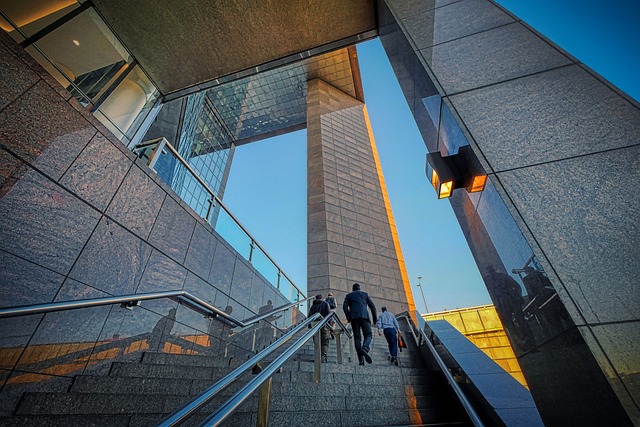In an age where the rush of modernity often overshadows the beauty of our natural surroundings, the development of their ecological perspective becomes imperative. This evolution is not merely a response to environmental crises; it is a journey toward acknowledging our connection with nature through various facets, including gardening, eco-friendly practices, and sustainable habitat development.
Gardening, at its core, is a personal interaction with the Earth. As individuals cultivate their green spaces, they experience firsthand the delicate balance of ecosystems. Whether nurturing a small herb garden or transforming an urban landscape into a vibrant habitat, the act of planting serves as a catalyst for developing an ecological perspective. By tending to flowers, vegetables, or native plants, one learns about the symbiotic relationships essential in maintaining biodiversity. These encounters foster a deeper appreciation for the environment and invite us to become stewards of our planet.
Moreover, the concept of green living transcends individual gardens. Communities that embrace eco-friendly developments play a crucial role in shaping our habitats. Initiatives that prioritize green spaces, such as parks filled with native flora, not only beautify urban settings but also enhance air quality and promote mental well-being. As people engage with these environments, their ecological awareness expands, leading to collective action toward sustainable practices that benefit everyone.
The influence of nature on our psyche cannot be overstated. Studies have shown that time spent in natural environments reduces stress, boosts creative thinking, and promotes overall emotional health. Consequently, fostering spaces that prioritize environmental integrity can have profound implications on our daily lives. The evolution of our ecological perspective is deeply intertwined with how we interact with these spaces, and thus, a conscious effort to integrate nature into our surroundings can lead to a more harmonious coexistence.
The integration of eco-friendly materials and sustainable practices is also pivotal in habitat development. From using reclaimed wood in construction to implementing rainwater harvesting systems, each choice reflects a commitment to environmental stewardship. This mindful approach not only conserves resources but also serves as an educational platform, inspiring others to rethink their habits. As communities rally around eco-conscious initiatives, the shared vision of a greener future becomes more attainable.
As we navigate the intricacies of our ecological footprint, it’s crucial to remember that every small action contributes to the bigger picture. Whether it’s participating in local gardening clubs, advocating for policies that protect green spaces, or simply choosing to plant a tree in one’s backyard, each step helps enhance our ecological perspective. By nurturing ecosystems, we cultivate a sense of responsibility toward nature, ultimately shaping a more sustainable world.
In embracing the evolution of our ecological perspective through informed habitat development, we embark on a transformative journey. This journey is rooted in respect for the environment, and it calls upon each of us to reflect on our relationship with nature. As we make a conscious effort to tread lightly and nurture the habitats around us, we not only enhance our living spaces but also ensure that future generations have the opportunity to experience the wonders of nature.




